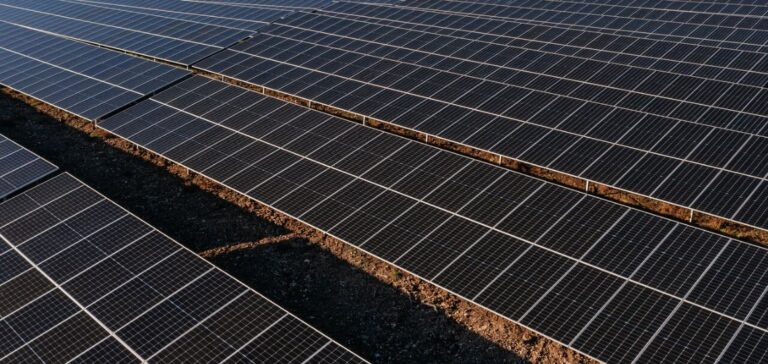The EDP (Energias de Portugal) group continues its expansion in Germany with a new photovoltaic site located in the northeastern part of the country. With an estimated capacity of 65 MWp, this project adds to Ketzin, already announced as the group’s first large-scale solar installation in this market, with 87 MWp. According to official data, this second park should help meet the power needs of thousands of households. The initiative confirms the company’s intention to reinforce its position at the heart of Germany’s solar sector.
Collaboration and Timeline
Construction work has just begun in partnership with Kronos Solar EDPR, an entity acquired by EDP in 2022. The project is expected to be fully operational by early 2026, featuring nearly 105,000 bifacial panels delivering a capacity of 64.6 MWp (47.1 MWac). Estimates indicate an annual production of about 69 GWh, covering the needs of around 22,000 households. The group has already signed a Power Purchase Agreement (PPA) with Lhyfe in 2024 to supply future hydrogen production sites.
Developers conducted a thorough land survey before construction, discovering several Unexploded Ordnances (UXOs) dating back to World War II. Between six and ten such items were identified, some weighing more than 100 kg, and handed over to the local authorities. The soil was filled and compacted to ensure the site’s stability and safety. Investigations also revealed an underground tunnel network, but technical findings confirmed that the project could safely proceed on these foundations.
Infrastructure and Strategy
The operations carried out by EDP improve soil reliability and rehabilitate a site once deemed unsuitable. The company emphasizes optimal land use while pursuing a strategic rollout in the German market. According to management, this project reflects the group’s desire to diversify its portfolio and support competitive energy solutions. Additional installations are already planned to strengthen this growth.






















